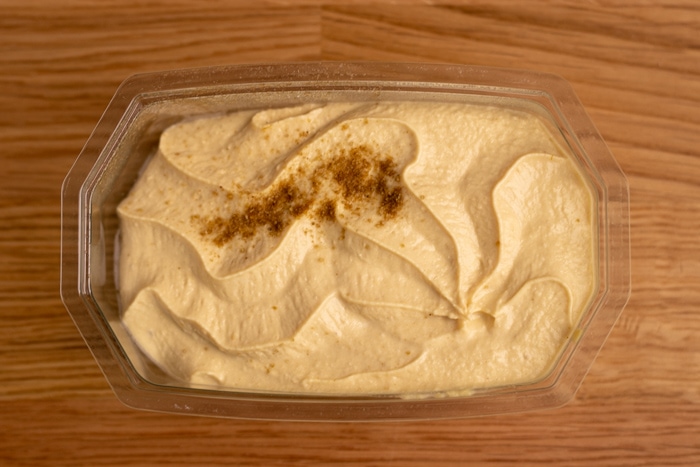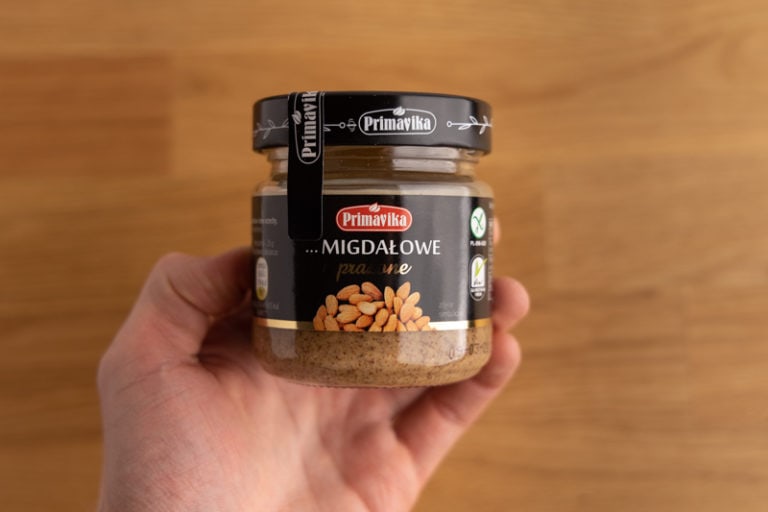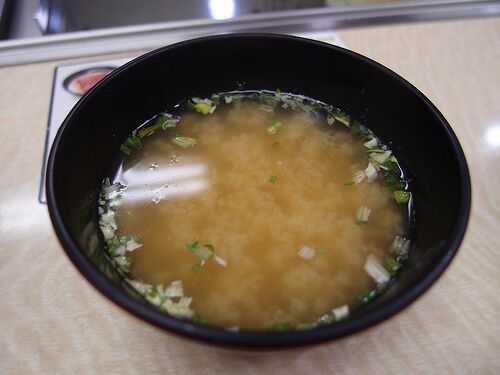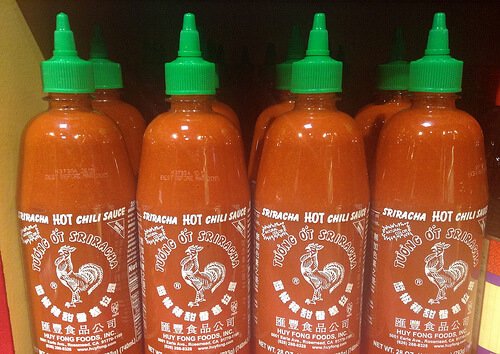How Long Does Lemon Curd Last and How to Store It?
Here’s everything you need to know about store-bought and homemade lemon curd. Learn how long it lasts, how to store it, and when to toss it.
Just whipped some lemon curd and want to know how long it’s good for? Or maybe you’re trying to find out how much time you have until your store-bought lemon curd goes bad after opening?
So, how long does lemon curd last?
An unopened store-bought lemon curd lasts weeks past the printed date and about a week or so after opening. Homemade lemon curd keeps for about a week in the fridge.
That’s the gist of it.
Interested in learning a bit more? Here’s what we discuss below:
- more info on the shelf life of lemon curd
- storage suggestions
- signs of spoilage and when you should toss yours
Let’s jump right in.
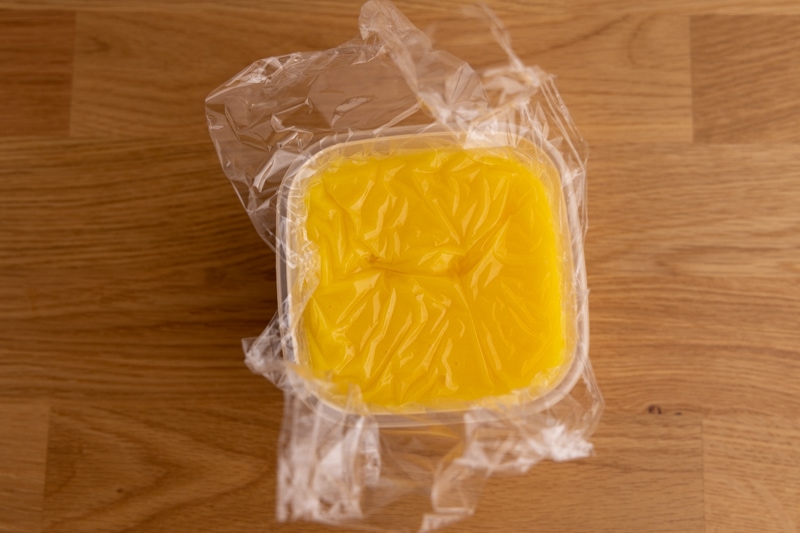
How Long Does Lemon Curd Last?
| Pantry | Fridge | |
|---|---|---|
| Store-bought lemon curd, unopened | Best-by + 1 – 2 months | |
| Store-bought lemon curd, opened | ~7 – 10 days | |
| Homemade lemon curd | ~7 – 10 days |
Homemade Lemon Curd
Homemade lemon curd lasts about 7 to 10 days from the moment you cook it. If a week or so isn’t long enough for your needs, you can freeze the spread for a few months.
Now, that 7 to 10 days is a rough estimate. That’s because almost every other recipe has its own storage time recommendation. Here are some examples:
- Taste of Home: 1 to 2 weeks
- Sally’s Baking Addiction: 10 days
- Preppy Kitchen: 1 week
- National Center for Home Food Preservation: up to 4 weeks
While the National Center for Home Food Preservation seems to be the most trusted source, their recommendation is by far the longest, and that’s why I don’t trust it 100%.
Besides, every recipe is slightly different, and the amount of sugar or lemon juice used (both potent preservatives) probably affects the shelf life too.
Because of that, I suggest playing it safe and going with a moderate 7 to 10 days of storage time. Of course, if that period isn’t long enough for your needs, you can always freeze lemon curd.
(It’s worth noting that leftover lemon curd lasts longer than leftover fresh lemon juice. Read more: How long does lemon juice last?)
Whole lemons last up to a month. If you only need a bit of lemon curd at a time, whip up a small batch and plan another one in a week or two. Or cook up a big batch and freeze the leftovers.
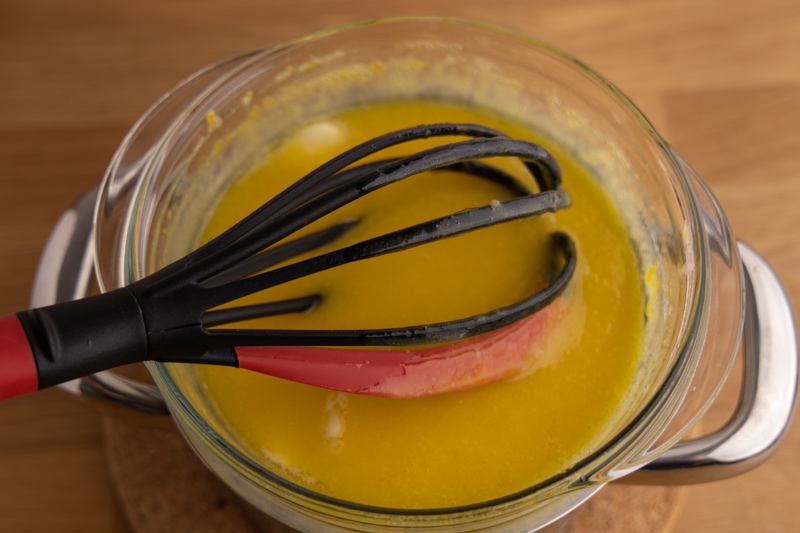
Store-Bought Lemon Curd
Store-bought lemon curd comes with a shelf life of a year or more and easily lasts past the best-by date printed on the label. Once opened, it keeps for about 7 to 10 days unless the label says otherwise.
Commercial lemon curd is canned and lasts for quite some time, like all canned foods. And since canned products stay safe to use for months (if not years) past the printed date, lemon curd should keep for at least a couple of weeks (or months) past its date.
In other words, “expired” canned lemon curd should be perfectly fine for quite some time. Just give it a thorough check before using it to make sure it’s not spoiled.
After opening the jar, you get at least a week or so of storage time.
While that’s the same period that I recommend for homemade lemon curd, it doesn’t necessarily apply to every jar out there. Perhaps yours has a slightly different ingredients list and lasts a bit longer. Read the label to learn if that’s the case.

Does Lemon Curd Need to Be Refrigerated?
Homemade lemon curd requires refrigeration at all times. For store-bought lemon curd, you can store it at room temperature as long as it’s unopened. After opening, it has to be refrigerated.
As I already mentioned in the section on shelf life, commercial lemon curd is canned, and that’s why it doesn’t need to be stored in the fridge before opening.
But once you open the jar, it’s no different than homemade lemon curd, meaning you need to chill it in the refrigerator.
Besides that, here are a few pointers on how to store lemon curd:
- make sure it’s sealed tightly and refrigerated when not in use
- when scooping, always use clean spoons
- freeze if you know you won’t finish it within a week or so
That’s it. As you can tell, storing lemon curd is no rocket science.
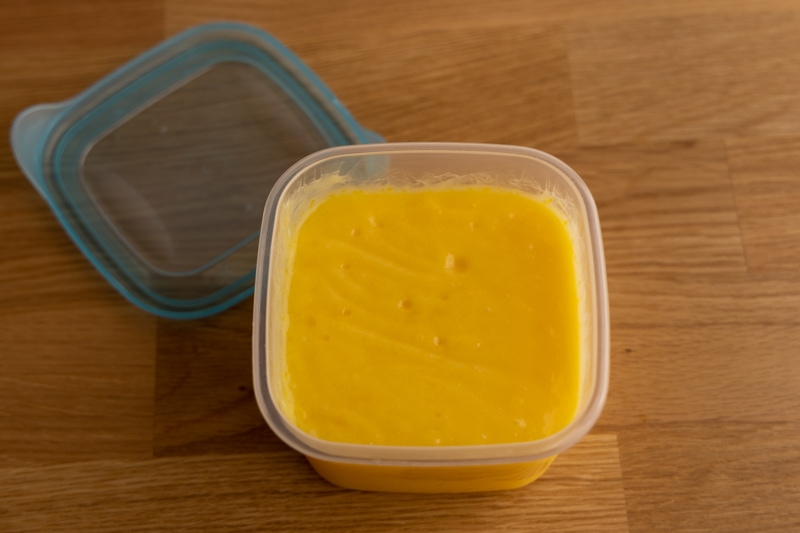
How to Tell if Lemon Curd Is Bad?
Discard your lemon curd when:
- It’s moldy. When you see any mold on the surface, it’s time for the spread to go.
- It’s open for more than 2 weeks. If yours is homemade and open for 2 weeks, it’s better to play it safe and toss it. The same is true for store-bought lemon curd that’s open for a couple of days more than the seller recommends.
- It smells or tastes off. This one is pretty obvious – if the sweet spread smells funny or the taste has changed, that’s a sure sign to toss it.
Now, those are the typical signs of spoilage, but there are a few more things worth discussing here.
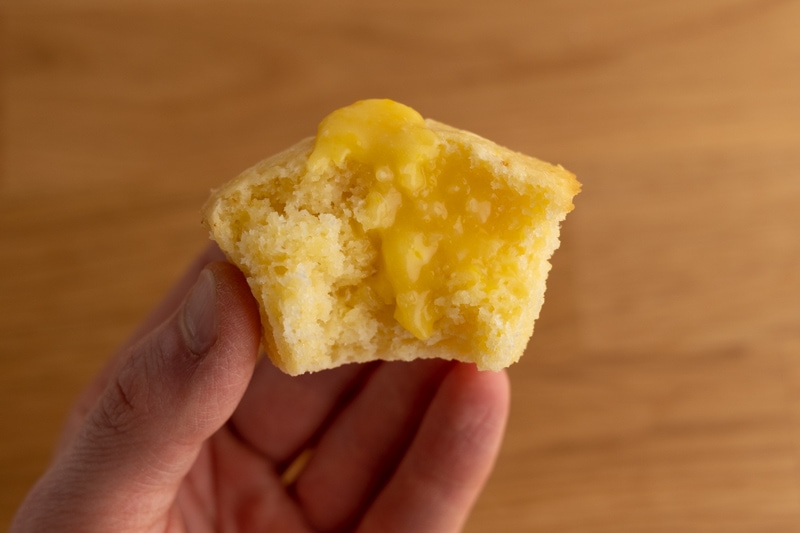
Lumpy Texture
If your homemade lemon curd is lumpy from the get-go, chances are you overcooked the eggs. That doesn’t make the spread spoiled, but you’d be better off without those lumps.
Two easy way to get rid of them is to pass the spread through a sieve that’ll catch those lumps or blend the desert until it’s smooth.
That said, if your lemon curd was perfectly smooth and now is lumpy, assume that it has gone bad and get rid of it.
Metallic Aftertaste
Lemon juice is quite acidic, and as you probably know, acid reacts with metal.
That metallic taste you’re experiencing is caused by lemon juice reacting with a metal vessel you used to cook the curd in. In most cases, it’s either a metal pan or a metal double boiler.
(That same reaction between lemon juice and metal might cause the spread to turn green.)

While the damage is already done, you can avoid this issue in the future by using non-metal equipment, say a glass bowl in a metal pot acting as a makeshift double boiler.
Now, the amount of metal that leeched into the curd is probably minimal, and it’s unlikely that eating it will make you sick or adversely affect your health. But, and it’s an important but, that curd will still have that yucky aftertaste.
In short, it’s up to you to decide whether you’re going to use that spread or toss it. If that aftertaste is very subtle, you can probably just ignore it. But if it spoils the taste entirely, your lemon curd is done for.
As an aside, the same reaction that causes the aftertaste is why you shouldn’t store cut lemon in aluminum foil.
Rotten Records: Share Your Snap!
Caught some food past its prime? Upload your photo to “Rotten Records” and help others spot the signs of spoilage. Every image makes our food community safer and more informed!
